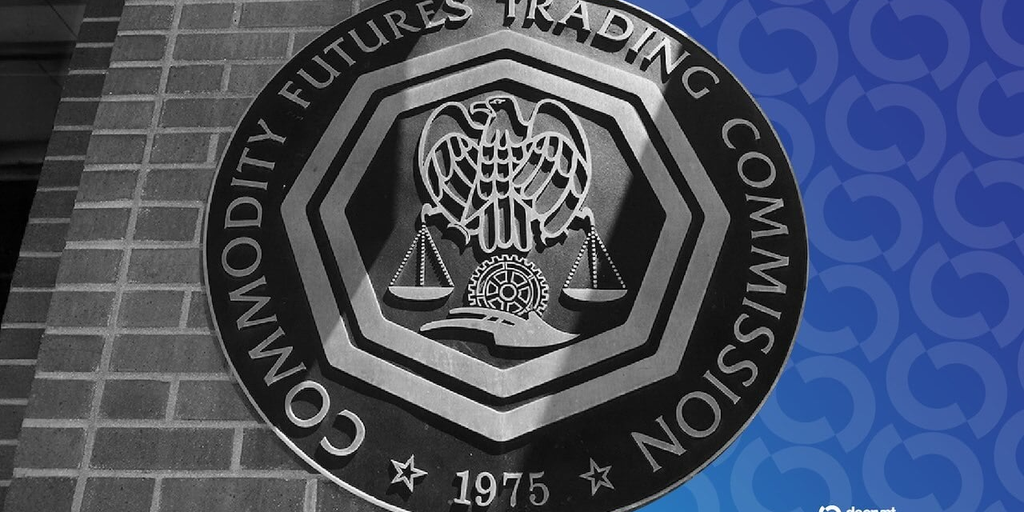
On Thursday, the U.S. Commodities Futures Trading Commission released new guidance for foreign firms, offering them a legal pathway to operate in the U.S.
The regulator detailed in a blog post that the updated guidance on foreign board of trade registration will apply to both traditional and cryptocurrency markets.
Acting CFTC Chair Caroline D. Pham stated that this move aims to clarify regulatory uncertainty characterized by “regulation through enforcement” in recent years, a strategy criticized in the crypto industry under former SEC Chair Gary Gensler during President Biden’s administration.
“Companies in the U.S. that had to operate in foreign jurisdictions for crypto trading now have a way back to U.S. markets,” she remarked, viewing this as “another example of how the CFTC delivers benefits for President Trump.”
Many crypto exchanges, such as Binance, have been barred from U.S. markets recently due to lack of registration with U.S. regulators. As part of a $4.3 billion settlement in 2023, Binance committed to “fully exit” U.S. markets.
This new guidance from the CFTC follows the recent announcement of Commissioner Kristin Johnson’s exit from the agency, where she emphasized the importance of maintaining the foundational resilience supporting financial stability and the broader economy.
Previously, U.S.-based exchanges faced restrictions compared to their foreign competitors in offering perpetual futures trading, staking, and leverage options.
Consequently, leading crypto derivatives exchanges are situated outside the U.S., with Binance, Bybit, and Bitget at the forefront, according to data provider CoinGecko. Binance has recently recorded $94 billion in derivatives volume over the past day.
On X, Pham said that the new guidance from the CFTC has the potential to influence markets. Welcoming traders back to the U.S., she emphasized that this development “opens U.S. markets to the rest of the world.”
Starting now, the @CFTC welcomes back Americans that want to trade efficiently and safely under CFTC regulations, and opens up U.S. markets to the rest of the world. Crypto sprint = wins 🇺🇸🫡 https://t.co/JNRTE8dIMC
— Caroline D. Pham (@CarolineDPham) August 28, 2025
Cheryl Isaac, a partner at K&L Gates LLP., specializing in derivatives and commodities law, explained to Decrypt that the guidance emphasizes the “existing rules of the CFTC.”
“These regulations have been in place for over a decade,” Isaac noted. “The requirements are less burdensome, but firms remain under the jurisdiction of the CFTC.”
She further stated that a firm can register under the foreign board of trade framework if it is a well-established exchange, prohibits abusive trading practices, actively enforces its rules, maintains financial integrity, and is authorized to operate within its jurisdiction, referencing a CFTC staff letter.
“This framework is akin to what we’ve seen in other types of CFTC substitute compliance rules,” she added, indicating that several firms from regions such as Japan, Australia, Europe, the UK, and Singapore are already registered under it.
Editor’s note: This story was updated after publication with additional details and a comment from a lawyer.
Daily Debrief Newsletter
Start every day with the top news stories right now, plus original features, a podcast, videos and more.

